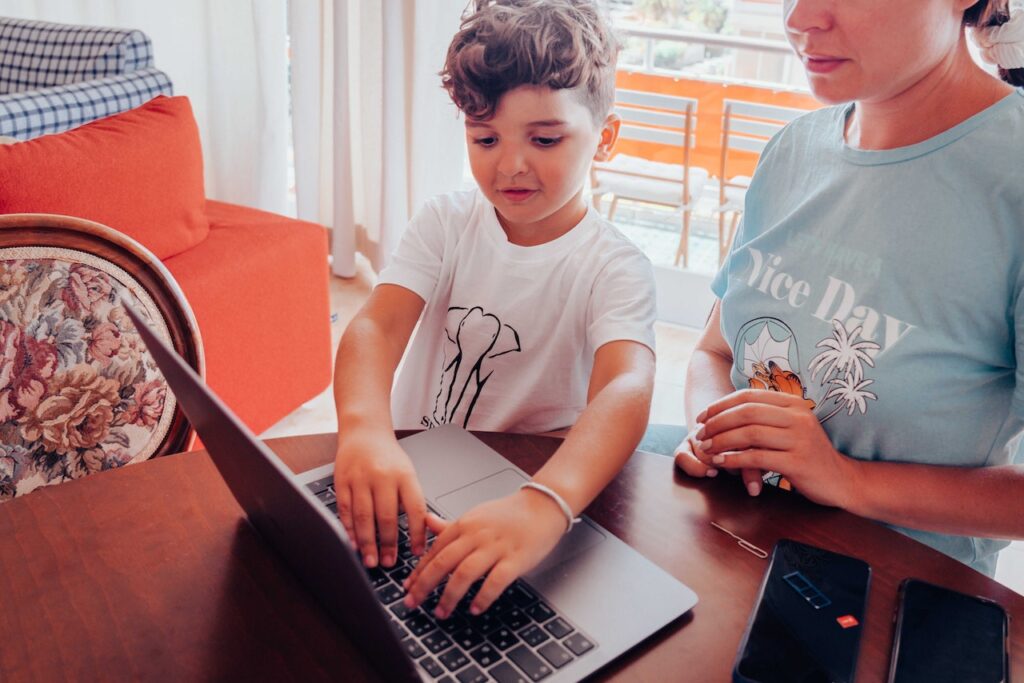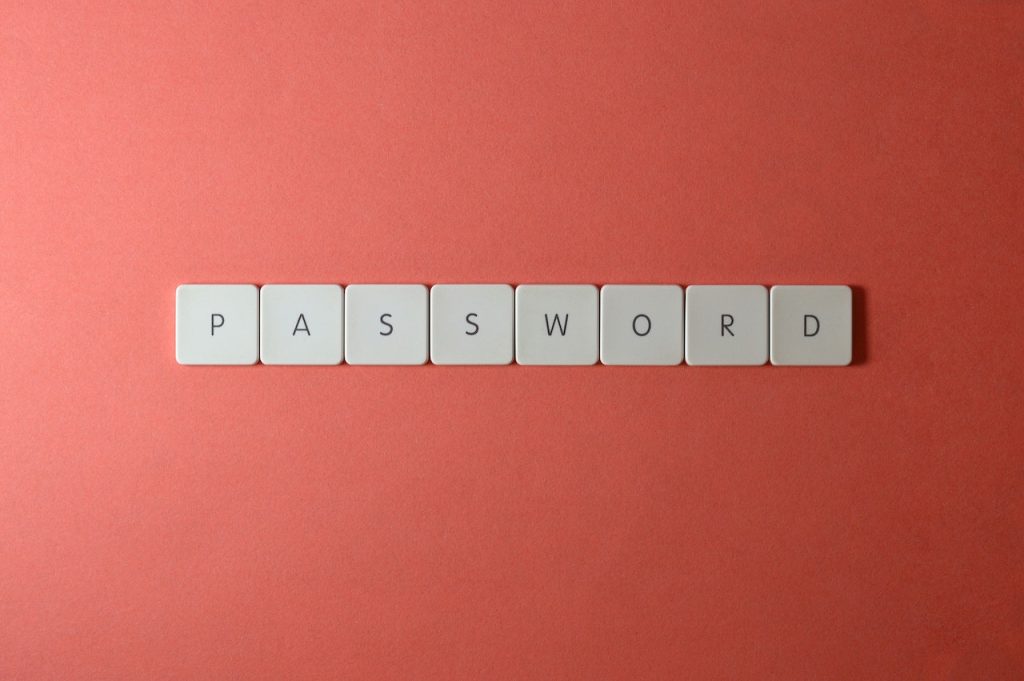Every day we take care of our hygiene like our life depends on it (and it does). We brush our teeth, wash our hands, etc.
Well, there is a thing called digital hygiene as well! Of course, we don’t bathe or wash our phones but there are rules that should be followed for the sake of our (and our tech’s) well-being.
Let’s jump right in!
The Need for Digital Devices

What is the first thing you do when you wake up early in the morning? You take your phone and read the latest news on social media, then watch YouTube videos, catch up with your favorite drama, etc.
All that until you realize that you’re late for your schedule and jump out of bed running to do your errands.
It’s the same with our little ones. Their morning routine starts by playing with their favorite toy (their phones, duh). They lose track of time and most of the time they’re just in time for class.
No worries, that’s just a usual day. Instead of us doing chores it’s mostly phones that do everything for us. But that is the way we live.
It’s not that bad, only if we exclude the fact that we are losing our organization, social, and much more skills.
So, we need this digital world, it is part of us, and it is part of our children. To conclude, we need to keep care of our devices, just like we care about ourselves.
What is Digital Hygiene?

Digital hygiene is a term that explains the practice of maintaining a personal digital world.
It is all about the safety that we provide for ourselves, and especially for our kids, to defend them from the sometimes (mostly) cruel digital world.
We as parents have the obligation to educate our kids on how to use digital devices, develop and maintain good digital habits.
At this point, we need to provide our kids with safety tips and teach them how to be aware of digital danger. It only takes a few steps!
For example, we all know how dangerous it is to share our personal info with others (although we all have social media accounts). So, let’s sail in the deep sea of digital hygiene.
Creating Passwords

When I’m choosing a password I usually think of the first letters of my kid’s names, birthdays, anniversary dates, or a favorite song. But that is not the best way a password should be created.
I’m led by my heart and I think that that is a way of showing my respect and love for them, but someone can use our feelings and do us harm.
So teach your children not to use simple passwords that can easily be cracked open (like a walnut with a soft shell, if that exists).
Instead use strong passwords with phrases, numbers, and characters. Encourage your children to get creative, so they don’t forget it!
Once created, your children should write it on a piece of paper, because they tend to forget useful stuff easily (I know this from prior experience).
Also for our kid’s safety, we should track any security threats, and educate them well enough on any risks that can come their way.
I usually play a fun game with my children, where we create difficult passwords and try to guess each other’s passwords by giving hints. You should try it!
Personal Information Sharing

Our parents taught us a thing or two about sharing personal information even before the appearance of the digital world.
The infamous “stranger danger” or “what happens at home, stays at home” are phrases that even we heard while growing up.
So, since our kids spend most of their time online nowadays, we as parents need to educate them on the dangers of sharing personal information online.
We should introduce them to all the correct information involving scammers, frauds, fake giveaways, etc.
The best way to do this is to act out several situations that involve sharing personal information.
For example, you play as a scammer and your child, well, as your child, and in that way, you can playfully teach them useful things!
Track Usage Time

The closest to a perfect family is the family where love, caring, and of course, rules are more important than the fights and arguments that occur.
From an early age, we teach our little ones that respecting a certain rule is the key to a successful living life.
We need them to be prepared and respect the value of time since they tend to be on their phones/computers all day.
A well-known fact is that night sleep is crucial for our health, especially for our kids. Therefore they must practice sleeping without tech devices.
They should switch off and keep their devices in another room for at least half an hour before going to bed, so they don’t use them late at night.
For younger kids, it’s easier to accomplish this, but when it comes to teenagers there is a problem.
In an average teenager’s eyes, you become the worst enemy (just like we thought of our parents when they didn’t let us go out).
And that is a time when every mother or father should talk honestly with their teenagers about their health and well-being, and introduce them to the rules (like they don’t already know them).
But, since teenagers are teenagers, we should be careful and somewhat polite when we talk to them about these matters.
To conclude, set normal rules, and politely teach your kids to shut their screens off and have a good night’s sleep.
Update Devices Regularly
We know that we have to update our device software regularly, especially the programs that our kids use (to keep up with guidelines, etc.)
Also encouraging children to use verified download libraries like App Store and Play Store is a must!
Setting up Digital Hygiene as a Habit

We have to set up our children’s mindset and teach them how important is to take care of and maintain the devices they use.
We need to set up cyber hygiene as a daily routine, the same as we care for our personal hygiene.
Our kids must learn that washing their hands, and brushing their teeth, taking a bath are similar to maintaining the devices they use.
My parental tip is to be passionate about having a good digital hygiene habits and transfer that passion to your children.
It’s all about the communication, strong bond, and playful moments that every parent has with their little cuties.
ALSO READ: How to Use Tech to Teach Children About Money Management and Budgeting







